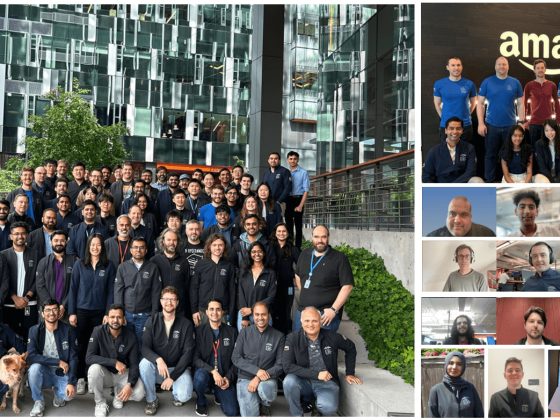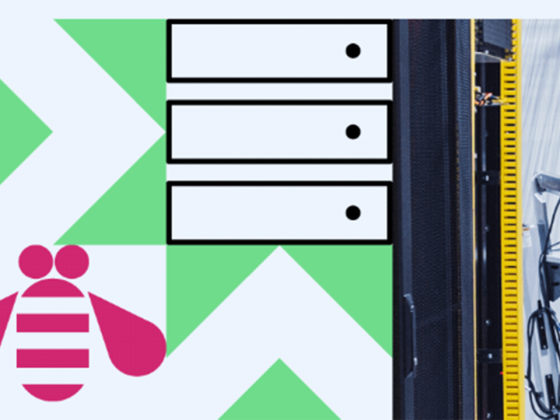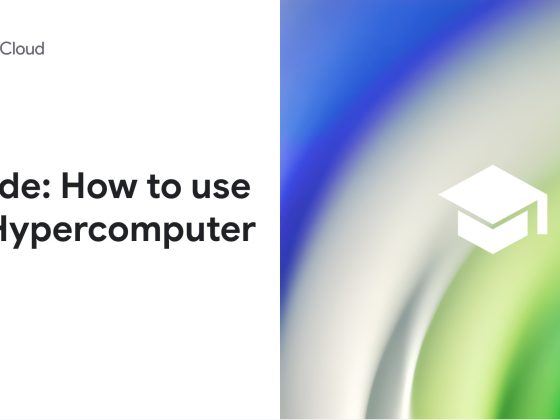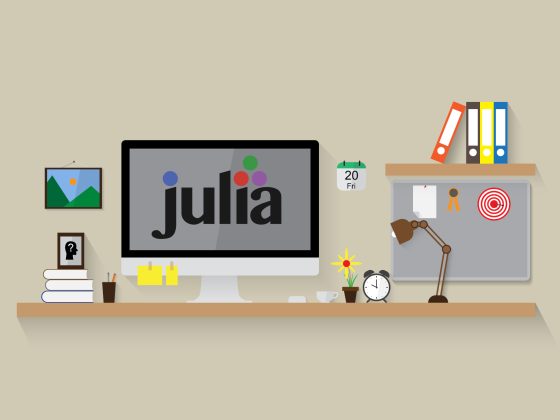Stress and burnout can affect open source communities, but we can all help.

I’ve attended many open source conferences over the years, and I usually find at least one session that discusses burnout, stress, or work-life balance. I’ve found many of these sessions helpful—not just personally, but I’ve also learned some important lessons for managing open source communities.
From our partners:
Some of these sessions included heartbreaking stories about individuals who had experienced trauma and severe health issues—both mental and physical—due to stress and burnout. These stories not only made me sad, but they also made me angry that people have had to suffer on their own. Are people in open source doing a poor job of taking care of themselves?
Why open source can contribute to burnout
I think there are a few challenges in open source communities that contribute to these issues.
- Remote and asynchronous work: Working in open source means I rarely see many of the people I work with in person. (With COVID-19, many people outside open source are experiencing the same situation.) As useful and effective as they are, modern communications and collaboration tools are not always great substitutes for in-person interactions. It’s nice to see a “Hey, a great job!” message over a chat application, but that doesn’t come close to someone stopping by your desk and giving you a high-five. Also, a lack of real-time feedback on your work can cause uncertainty and doubt about your contributions’ value while you wait to hear back.
- Dealing with challenges in isolation: This issue is related to remote work but deserves a separate discussion. If I’ve worked with someone long enough, I usually can tell if they look tired or anxious—even over video conference. I ask them what’s going on and if I can help—but once the call is over, I may move on to something else. In a traditional office setting, I’m likely to bump into that person and get opportunities to follow up with them. Other people around the office can do the same. However, when working remotely, people may feel they need to deal with situations on their own.
- Passion can add stress: Open source projects typically attract very passionate people. How else could you explain people taking so much of their time to contribute to a project that’s not even their main job? Many contributors are driven by intrinsic motivation because they’re passionate about the project’s technology or mission. Paradoxically, this can enhance stress levels. For example, if someone proposes a bug fix and receives lukewarm or negative responses during the review process, they may feel underappreciated. After all, they put in a lot of work in their spare time, and discussions can sometimes get heated pretty quickly.
Burnout warning signs
Like any health issue, early detection is key to preventing burnout. Following are some of the early warning signs that tell me I may need to slow down:
- A sense of dread: Typically, this is caused by something pretty routine that I need to do that day. It could be updating the budget spreadsheet, running a recurring meeting, following up with people, etc. These are things I do regularly without any problems. However, when burnout is approaching, the thought of doing an everyday task makes me want to stay in bed in the morning.
- Going into a shell (and avoiding others): When things get stressful, I start avoiding contact with others. It’s not just that I’m busy; I start avoiding social interactions with people in work and non-work settings.
- Not being a good family member or friend: I’m actually very embarrassed to discuss this, but I need to because this a big red flag for me. When I’m really burned out, I start getting snappy and lose my cool with my family and friends. I may even say something I regret almost immediately and feel horrible guilt about it. Unfortunately, I start pushing away people when I probably need them the most.
If I notice any of these signs, I know it’s time to do something. It doesn’t have to be a week-long vacation in the tropics; even if it’s a quick afternoon hike, I need to find ways to step away. Like in a basketball game, a quick timeout can help me regroup before things really spiral downward.
Preventing burnout
Knowing your warning signs is important, but it’s even more important to take preventative measures to avoid reaching that point. Here are some of the things that help me:
- Use a mantra to refocus: When my daughter was a baby, my morning routine after breakfast was to play with her in the living room while waiting for our nanny. I remember feeling sleep-deprived and wanting to check messages on my phone while watching her play. To silence the urge to pick up the phone, I developed a mantra that went something like, “this [being with my daughter] is the most important thing for you right now” to help put me in the right frame of mind. I still use the mantra when I need to remind myself that being fully present with someone is more important than anything else.
- Take a short break: One of the things I like to do (at least until the pandemic made this difficult) is to have lunch with local community members, friends, or former co-workers. These lunches break the monotony of having lunch by myself at home and help me connect with other people. After each of these lunches, I always think, “I should do this more often.” I also try to squeeze in time for physical activity—I’m not talking about training for a marathon. I do enjoy running, but I haven’t run a race in over 10 years. Whenever I feel like I don’t have the time to exercise, I remind myself that even five minutes of running has long-lasting health benefits. Surely, everyone can invest five to 10 minutes a day for their well-being.
- Be disciplined about taking time away from work: I have been fortunate to work with many leaders who are supportive of me taking time off and modeled scheduling vacations and blocking off their calendars for family commitments. I try to do the same. I make sure people know when I’m taking vacation, taking my daughter to school, volunteering, and so on. By letting people know when I will be away, I feel more empowered to not think about work for a while and focus on what’s in front of me.
Taking care of ourselves and others
I’m sure you have your own warning signs for burnout and tips for avoiding it, and I look forward to reading your ideas in the comments.
Before I close, I want to return to the question I asked at the top: Are we doing a poor job of taking care of ourselves? This was a rhetorical question, but the truth is that, in addition to taking better care of ourselves, we need to pay attention to and help the people around us.
If you see someone overwhelmed with stress, volunteer to help and remember to follow up with them—especially when you’re in a remote work environment. If this doesn’t work, reach out to their managers, colleagues, or others so that they’re not dealing with the situation alone. As we’ve learned during the global pandemic, when someone suffers, the impact is not just limited to that person. It affects all of us, and we need the courage to speak up and help them get better. Otherwise, more people will continue going through this vicious cycle.
Burnout, stress, and work-life balance are important topics that will long be discussed at conferences and in articles like this. However, my sincere hope is that people will no longer suffer on their own because no one spoke up to help them.
This article is republished from opensource.com
For enquiries, product placements, sponsorships, and collaborations, connect with us at [email protected]. We'd love to hear from you!
Our humans need coffee too! Your support is highly appreciated, thank you!








